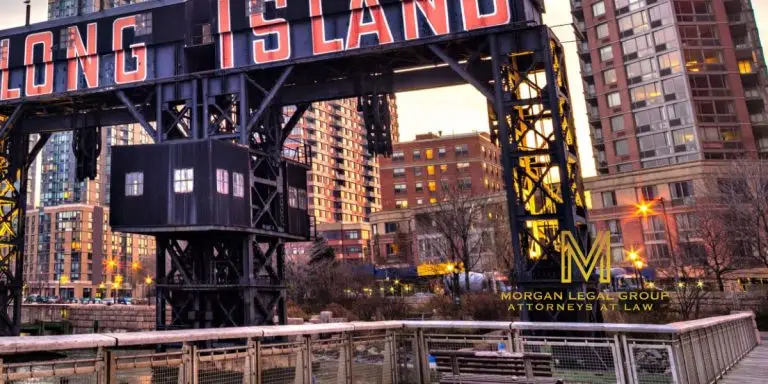Probate is a court process whereby the last will of a deceased person gets validated before the will’s intent can be carried out. Notably, probate is the act of validating a will. So once there’s a will, there must be probate. But ideally, only estates that are worth over $30,000 may be probated. The estate in this sense refers to all assets that are held in the name of the decedent only, without any beneficiary designation. If the estate of the deceased does not value up to $30,000, there will be no probate. Instead, a “small estate” administration will be conducted.
Small estate proceeding in NYC
Small estate administration (or small estate proceeding) in New York is a simple legal process for administering an estate worth less than $30,000. It is much simpler and concludes faster than regular probate, taking only a few months.
So if your loved one passed away leaving personal property that does not total up to $30,000, you wouldn’t have to worry about probate.
SCPA §1301 and §1303 provide that if an individual dies with probate assets (assets owned in the name of the decedent alone) consisting only of personal property worth not more than $30,000, a small estate proceeding will be conducted for the personal assets to be distributed.
Small estate administration is also known as voluntary administration.
How small estate proceeding works in Buffalo
Let’s assume John Doe has $20,000 in his bank account and passes away. He leaves a will, instructing that the money should be given to his son Mike in the event of his death. He also names Mike as his executor.
When Joe dies and they find out his probate assets does not exceed $30,000, probate cannot be conducted. And the bank cannot just hand over the money to Mike.
So what does Mike do?
Mike files a petition to the court, asking them to authorize his as a voluntary administrator, not an executor this time around, hence, the name “voluntary administration.” With this court authorization, Mike can then collect the assets and distribute them. The small estate proceeding is much cheaper and faster than the regular New York probate.
Why small estate administration is often regarded as a type of probate
People sometimes refer to the small estate administration as a miniature type of probate. However, we cannot exactly call it a type of probate because it is necessitated under different conditions with probate.
However, there are some similarities between probate and small estate administration.
Both probate and small estate administration handle the same kinds of assets
Probate assets are assets held in the name of the decedent alone. These are the only assets that can be distributed through probate or small estate proceeding. For example your bank account or car owned in your name without any beneficiary designation.
Not-probate assets
The following assets will not go through the court:
- Real property held jointly (probably by a husband and wife. On the death of one spouse, the property goes into the direct ownership of the surviving spouse without any court involvement.
- Assets in a trust
- Transfer-on-death bank account having beneficiary designation
- Life insurance proceeds
- Retirement accounts such as 401(k)
Debts, taxes
Usually, debts and taxes are paid during probate. There are also court hearings where the will is read out and dissatisfied parties can contest the will. Estate litigation is also not uncommon with Buffalo probate. Conversely, debts, taxes, and court hearings are not addressed in a small estate proceeding in Buffalo.
Bottom line
Do you have any questions concerning probate and estate planning in Buffalo? Our probate attorneys are ready to give you all the help you need. We can answer your questions, guide you towards probate avoidance, or assist executors with the administration of an estate. Our aim is to help you navigate the legal processes as easily as possible so that the beneficiaries can find comfort amidst the loss.
Contact us today.







